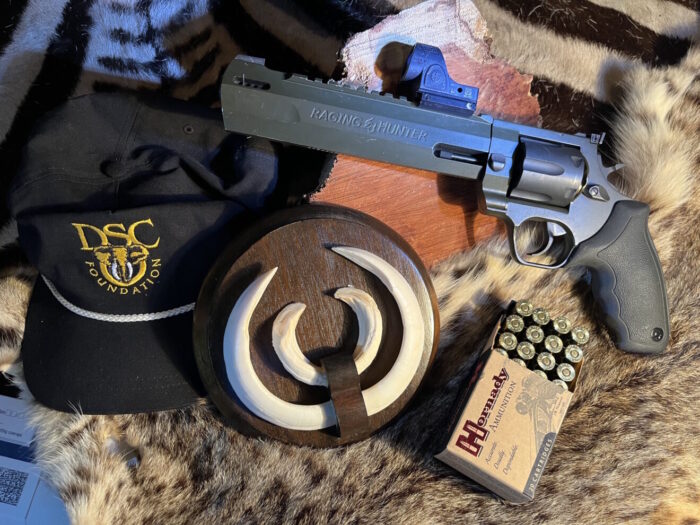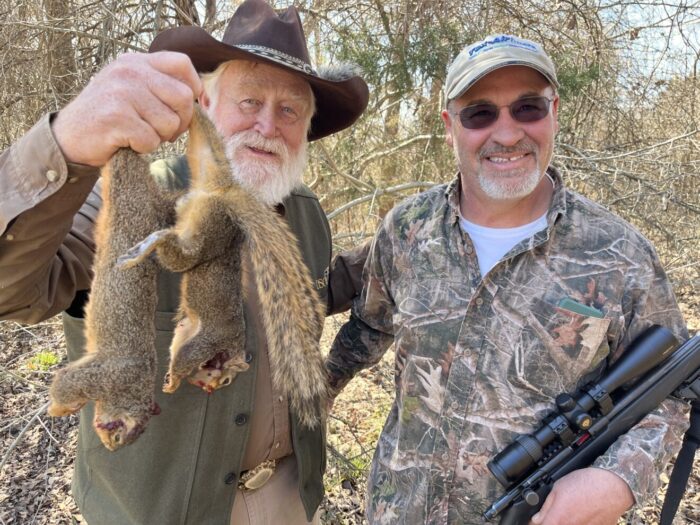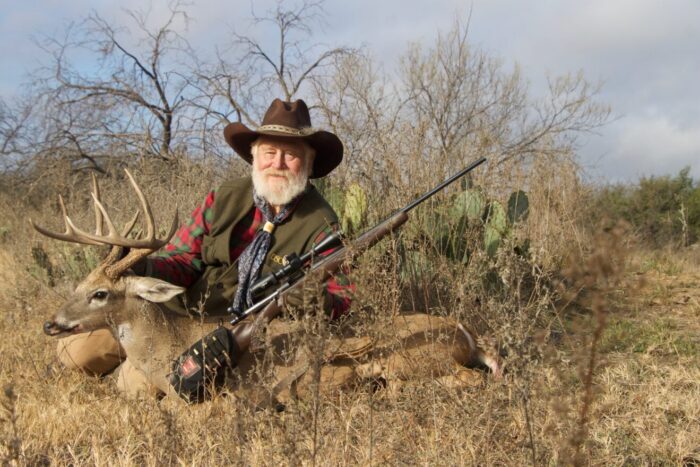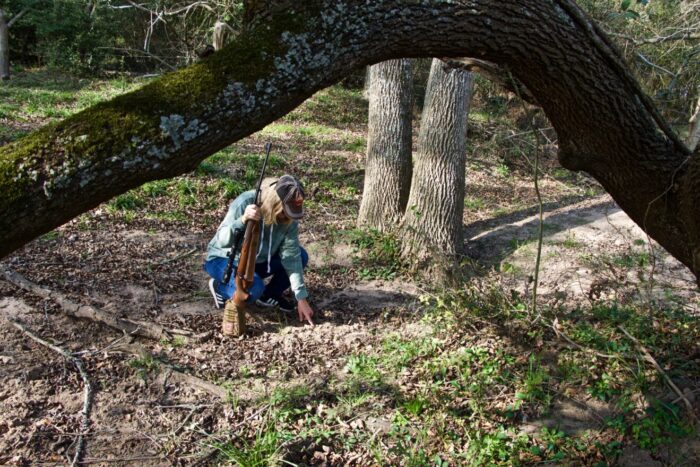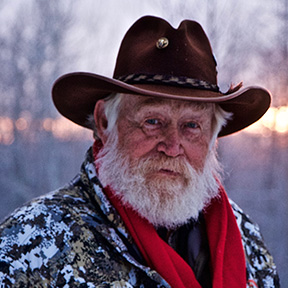Safari
“Safari”, Swahili for “a journey”, “an expedition, or “a walking out”.
“Safari” from the Arabic verb “safar” is defined as “to take a journey”, and the noun “safariya” means “the journey”.
Europeans first started using the term “safari” in 1859 to describe an expedition or journey, pulling from the word’s Swahili and Arabic origin. “Going on safari” started in the 1890s when primarily Europeans traveled to Africa, India, and elsewhere in search of adventure. Then, in the early 1900s, the word “safari” was popularized by the likes of Theodore Roosevelt and others of his era who journeyed to northwestern North America, Canada Africa, and South America.
Early to mid-1900s, especially immediately after World War I and II, “safari” became a more commonly used word thanks to movies such as, “King Soloman’s Mines”, “The Francis Macomber Affair”, and numerous other films featuring “white hunters”. This came at a time when many of Hollywood’s stalwarts such as Gary Cooper, Stewart Granger, Clark Gable, and numerous starlets hunted. Authors Hemingway and Ruark further popularized “safari”. In the latter half of the 1900s along came Peter Hathaway Capstick, who wrote of African adventures and created a re-birth of interest in Africa. He frequently used the term “safari”, but always in the sense of a journey, albeit an adventure-filled journey.
Safari Today
Today in the first quarter of the twenty-first century, anti-hunters and liberals, in their self-centered world of ignorance, have changed the connotation and denotation of the word “safari” to being a negative meaning verb and noun. Such was never the connotation of the word, nor the intention of those who originally spoke and wrote it.
I think it is time for a change! Let us, those who are true wildlife conservationists, return “safari” to its initial definition, to be simply a journey or expedition as is defined in Webster’s Dictionary.
Yes, the word does have African roots. But then…a great number of the words in our “at home in North America” vocabulary originally came from continents other than our own.
I go on “safari” as often as earthly possible. Sometimes my safaris involve hunting, other times they do not. My “safaris” have taken place throughout North America including during the middle 1970s when I was involved in an international Arctic snow goose banding program in the upper reaches of the western shores of Hudson Bay near the Arctic Circle. I spent late June, July, and early August banding flightless adult snow geese and their goslings to help determine where those banded geese wintered. Snow geese even back then had reached historic high populations and were “eating themselves out of house and home” literally destroying their tundra nesting grounds! Once the results of that safari, banding 26,000-plus snow geese, were determined, bag limits were increased to help lower the population to prevent continued habitat degradation which adversely affected not only snow geese but also caribou and every other walking, crawling, flying, and swimming species living on the snow goose’s summer range and nesting grounds.
While on the banding expedition we lived in tents and worked extremely long hours. We learned about the area’s other wildlife and habitat, and, the indigenous people who helped comprise our snow goose banding crew. That safari interestingly included being weathered in for a week, alone, with only a small tent, sleeping bag, knife, fishing rod and reel, four small spinnerbaits, a half-pound of dried apricots, and an over-under 12-gauge Baikal shotgun in case a polar bear tried to make me its meal. There was no way to build a fire. The tallest “trees” on the tundra were 8-inch tall Arctic birch. Their “trunks” were too wet to burn, even if I had had matches, which I did not. Thankfully, the stream I was camped beside was filled with Arctic grayling. Amazing when one is truly hungry and has nothing else to eat how delicious raw fish tastes!
Closer to “home” I have often embarked on squirrel safaris, particularly during my youth and hungry days at Texas A&M. While attending college I often journeyed into the woods alongside the Brazos and Navasota River where I had permission to hunt. The take from my squirrel safaris were divided into “fryers” or young squirrels and “boilers” older mature squirrels. The young squirrels were usually fried, the latter boiled for a while in a pressure cooker. These were then turned into squirrel stew and squirrel with dumplings.
I look back with great memories of my college “squirrel safaris” days. My wife and I married after our freshman year in college. Coming from rather humble backgrounds, squirrel and rabbit safaris augmented by an occasional fish often meant the difference between my wife and me, and, later our young daughter having food on the table.
In time there were other safaris, in the 1980s and early 1990s, while I was on staff with “Shooting Times” magazine as their “hunting editor”. One year I hunted exclusively with a .30-06. Safaris that year included pursuing everything from prairie dogs to deer and bear continuing up to elk and moose. It was quite an enjoyable and fun-filled series of safaris in terms of the hunts, where I hunted, the circumstances surrounding the hunt, and the people with whom I hunted and spent time in camp. I loved every moment of my year-long “30-06 safari”. It had nothing to do with hunting in Africa.
I have had some extremely fun safaris for black bears, a species I dearly love to hunt. Those black bear safaris took me from Alaska to Arizona and northeastward to New Brunswick and Newfoundland and many points in between. On those safaris, I learned much, not only about black bears, but certainly also about people and their culture, terrain, and habitat from numerous sources.
One of my favorite annual safaris is for whitetail deer. Usually, these involve several safaris to places with different habitats and terrain. Each fall I launch numerous expeditions for “America’s deer” here in my home state of Texas, but also destinations from just below Canada’s tundra to deep into Mexico’s arid deserts.
My safaris, thankfully, are many each year. As a professional wildlife biologist, outdoor writer, podcaster, television show host, and speaker I get to experience the outdoors a lot…although never quite as often as I would like to! Some of my other safaris have of course taken me to Africa, Europe, Asia, South America, Australia, and places in between.
Several years ago I served on staff with “Texas Safari”. Our magazine covered hunting endemic, migratory, and introduced species as well as the hunting and wildlife conservation culture/lifestyle. Each of those adventures truly was a safari, journeys to be enjoyed and appreciated.
Again yes, “safari” has African roots but there is no reason we should not use the term to describe our outdoor adventures here in North America and elsewhere, for indeed these are true adventures life-long journeys.
Please join me in telling the world… “safari” is once again a term that defines a “journey”, “an expedition”, regardless of where those adventures take us!
Professional wildlife biologist/outdoor communicator, Larry Weishuhn, known to many as “Mr. Whitetail”, has established quality wildlife management programs on over 12,000,000 acres throughout North American and other parts of the world. He has hunted big game with rifle and/or handgun on six continents. Larry is a Professional Member of the Boone & Crockett Club, life-member of numerous wildlife conservation organizations including the Dallas Safari Club, Mule Deer Foundation, and Wild Sheep Foundation. He currently serves on the DSC Foundation Board of Directors, is one of three co-founders of the Texas Wildlife Association; is a member of the Legends of the Outdoors Hall of Fame and the Muy Grande Hall of Fame; he too, received the Zeiss Lifetime Achievement Award among many other honors.

